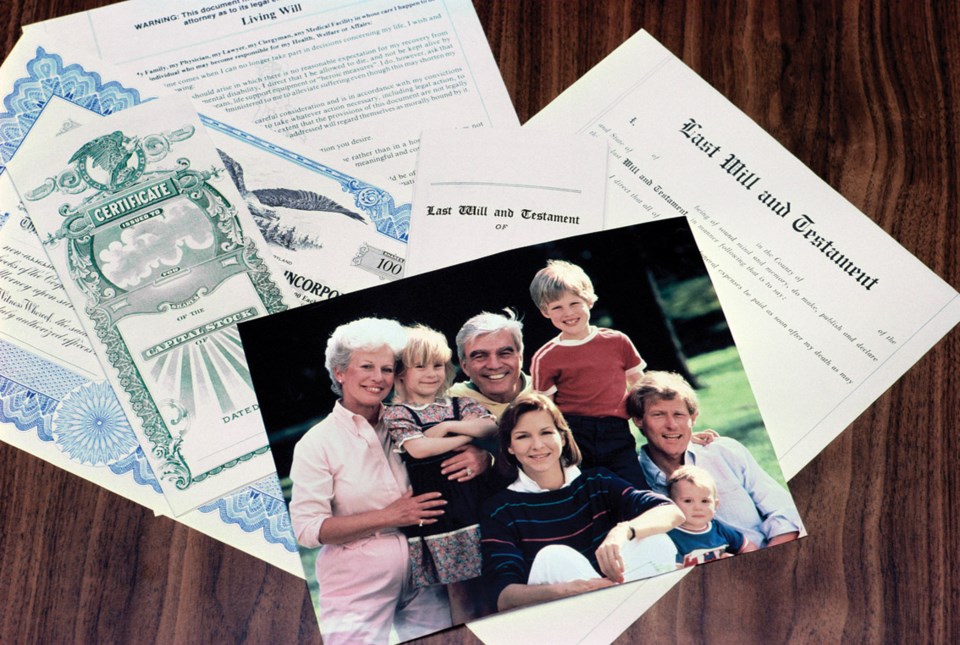The COVID-19 crisis has caused us all to re-evaluate many things, including estate planning needs.
Although the physical distancing and other restrictions are beginning a gradual easing, difficulties remain with regard to the formal legal requirements of making a will or power of attorney document. Witnesses must be in the physical presence of the will maker or grantor of the power of attorney, and depending on your circumstances, you may not feel comfortable meeting in the same room in order to sign these important planning documents.
You will need to work with a lawyer or notary who is prepared to take the steps needed to safeguard your health in terms of physical distancing and your ability to travel to an office for document signing. Most legal professionals are taking the necessary steps to protect their clients while at the same time finding ways to comply with the requirements for legal witnessing of your estate planning documents.
It may be possible for you to meet your legal professional and other witnesses outdoors or in a well-ventilated area such as an office foyer or covered parking lot to sign documents, or to arrange transfer through a window or other screened area to limit the risk of exposure to COVID-19.
Should you find yourself unable to meet with a lawyer or notary, but with an urgent need to legally record your last wishes with regard to your possessions and property, British Columbia law is able, by way of court application once you are deceased, to recognize any recorded evidence of your last wishes, be it a text message, e-mail, handwritten letter or video recording.
It is important to make reference in that record to the reason you cannot properly prepare a valid will. For example, being subject to quarantine at home or in a care facility should justify using this method of legally setting out your final wishes.
If at all possible, you should at least contact a lawyer or notary to explore the options you have for completing your will and/or power of attorney during the state of emergency and physical distancing restrictions.
Article provided by David Severide and Nat Olsson of Severide Law.



